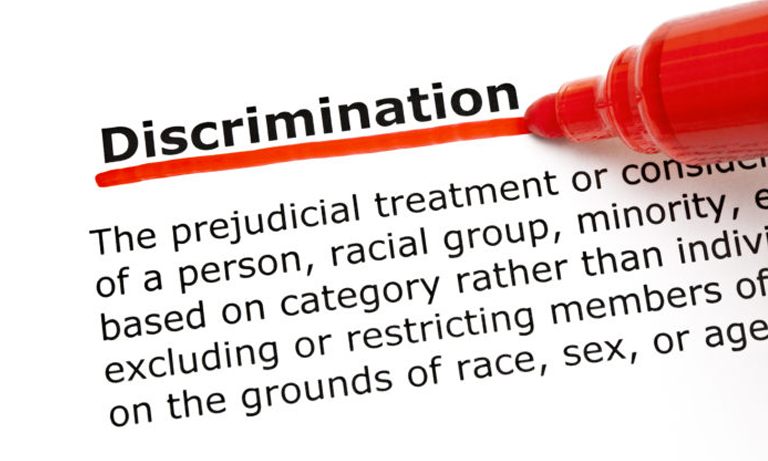 According to the results, black customers experienced more cancellations and longer wait times, while female customers were more likely to be taken on longer routes or overcharged
According to the results, black customers experienced more cancellations and longer wait times, while female customers were more likely to be taken on longer routes or overchargedResearchers from Stanford University, the University of Washington and the Massachusetts Institute of Technology analysed nearly 1,500 rides in Boston and Seattle over the course of two years.
Participants involved in the study were given three different phones with a different car service on each: Uber, Lyft and Flywheel. They were then told to take numerous rides around the city while making a note of when they requested a ride, whether it was accepted or denied, what time they were picked up, and what time they arrived at their destination. The researchers in Boston also tested using different names that sounded either stereotypically black or white.
According to the results, black customers experienced more cancellations and longer wait times, while female customers were more likely to be taken on longer routes or overcharged. It took taxis up to 28 per cent longer to accept a journey with passengers with black-sounding names, and their trip was three times more likely to be cancelled. Female customers noted that they were taken through busier, longer routes and were often exposed to flirting.
These results certainly seem to indicate discrimination; however, Lyft spokesperson Adrian Durbin disagrees. He believes that Lyft is having a positive impact on communities of colour by offering lifts in areas that taxis have historically neglected. He went on to say that Lyft is an affordable service that is inclusive and welcoming towards all people.
While the results of the study are shocking, the researchers were quick to comment that Uber, Lyft and Flywheel are not much worse than normal taxi services. They also asked participants in the study to hail taxis in Seattle and Boston and asked the participants to count how many taxis they hailed before one offered them a ride.
The researchers found that the first taxi stopped just under 60 per cent of the time for white customers, but under 20 per cent of the time for African-American customers. They also found that white customers never experienced more than four taxis passing them before one stopped, but African-American customers watched six or seven taxis pass by 20 per cent of the time.
Interestingly, Uber has recently announced a partnership with General Motors, allowing its drivers to rent GM cars on a weekly basis. This may increase its service; however, researchers believe that the discrimination issues must be addressed before the partnership is launched.
The researchers believe that new companies such as Uber and Lyft have the opportunity to avoid long-standing taxi discrimination, but could also worsen the problem. They suggested that removing the customer’s name from bookings could help to solve discrimination issues but acknowledged that this won’t solve all the problems; however, it is a step in the right direction.
Join Over 40,000 Recruiters. Get our latest articles weekly, all FREE – SEND ME ARTICLES
Recruiters love this COMPLETE set of Accredited Recruitment & HR Training – View Training Brochure








